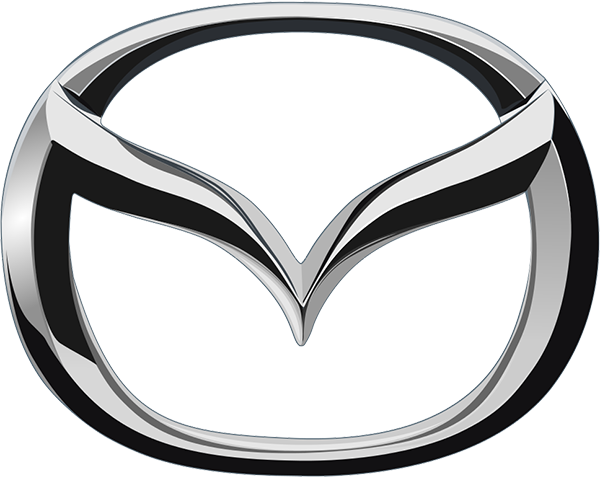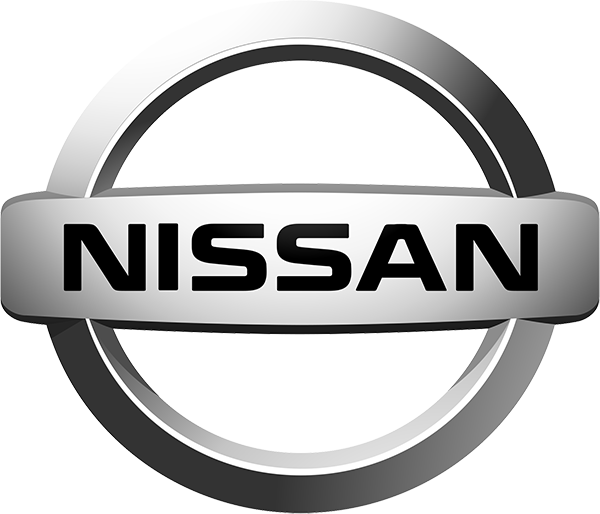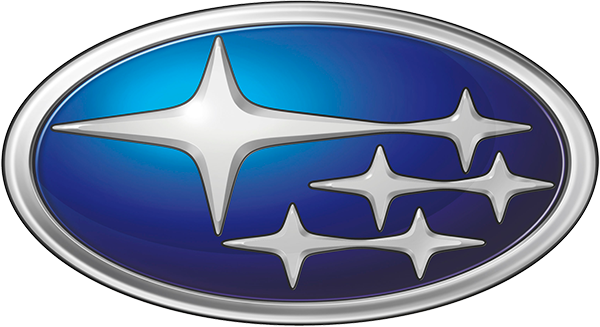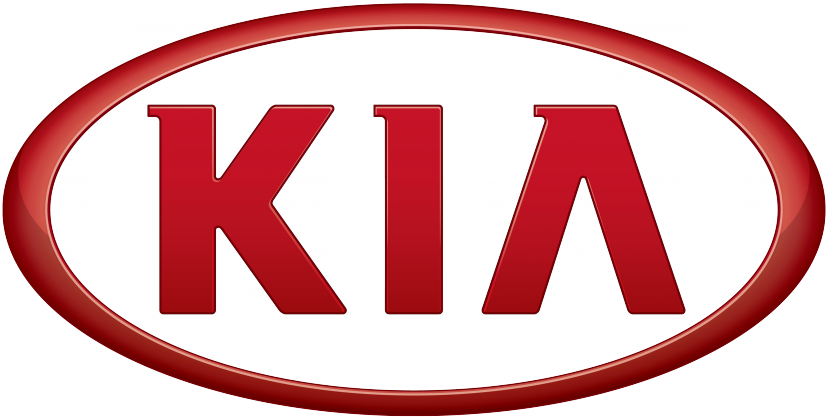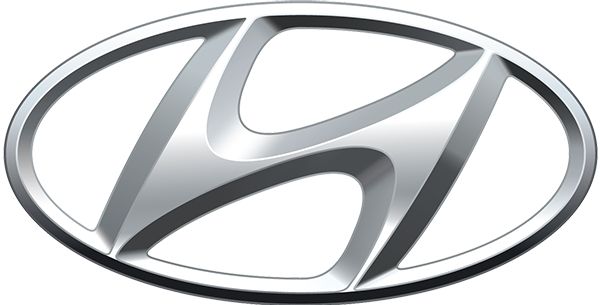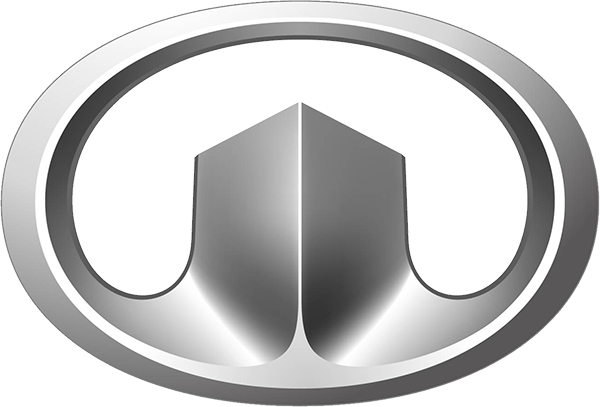Excited for Your First Car? Essential Tips for First-Time Car Buyers | What to Know When Buying a Car: What You Need to Know Before Purchasing a Car

Anticipation builds as you stand on the precipice of your first car purchase — an exciting endeavor that marks a significant milestone. In this article, we delve into the vital considerations that every novice buyer should keep in mind. From understanding your needs and budget to navigating the complexities of financing, negotiation, and the importance of oil changes, this guide is crafted to empower you with the knowledge necessary for making informed decisions in the car-buying process.
For First-Time Car Buyers, Understanding Your Needs and Budget Is Important
Before embarking on the exciting journey of buying your first car, it’s crucial to understand your needs and budget. Knowing your budget limitations is the first step; remember to budget and stick to your limits throughout the purchase process, ensuring everything is good with your financial planning. Calculate how much you can comfortably afford for a monthly payment, considering expenses like insurance and maintenance, to determine how much you can afford in the realm of automotive loans.
To determine the right car for you, think about your lifestyle requirements and how certain cars align with those needs, keeping an eye on car lots for potential options. Are you a commuter needing fuel efficiency, or do you require ample space for a growing family? It’s time to figure out the type of vehicle that suits your needs. Save for a down payment to reduce the overall cost and monthly payments.
When Buying Your First Car, Know Your Budget Limitations
Having a clear understanding of your financial constraints is essential when purchasing your first car; it’s among the top tips for first-time car buyers, including getting acquainted with auto loan rates and financing terms. Avoid overspending by setting a realistic budget that includes not just the vehicle cost, but also ongoing expenses like insurance and maintenance.
To prevent financial strain, identify a comfortable monthly payment amount that fits within your budget. Assess your income and expenses to determine the maximum you can afford without compromising other financial obligations, keeping in mind the total cost of getting a car.
A Sometimes-Ignored Factor When Buying a Used or New Car — Determining Your Needs and Lifestyle Requirements
Consider your daily routine and preferences to choose a car that aligns with your lifestyle, and remember, it’s best to consider how things like fuel efficiency will impact your long-term satisfaction. Visit Tsikot.com for guidance on selecting the car are you looking for. If you have a long commute, prioritize fuel efficiency. Families may require spacious interiors or safety features. Understanding your needs helps narrow down the options.
Think about future lifestyle changes too. If you plan to start a family or take up outdoor hobbies, you might need a versatile vehicle; researching the type of car suitable is essential. Factor in your long-term needs to ensure your first car remains suitable for years to come, considering car-related expenses beyond the purchase price, like maintenance which can accumulate over time.
Don’t Get Too Excited, First Time Car Buyers: Make Sure You Save for a Down Payment
A down payment can significantly impact your monthly payments and loan terms. Start saving early to secure a substantial down payment and keep your car maintenance and insurance costs manageable. Aim for at least 10-20% of the car’s value, as this can lower your interest rates and overall loan amount.
Having a down payment also portrays financial responsibility to lenders, potentially making you eligible for better financing options and find a better deal. It’s a smart financial move that can save you money in the long run by reducing interest costs, particularly when financing a brand new car, a key aspect often emphasized in the automotive loans industry.
More Tips for First-Time Car Buyers: Researching Your Options
Researching your car-buying options is crucial to finding the perfect vehicle. Decide between a new or used car based on your preferences and budget, considering the long-term value and costs associated with each type of car. New cars offer the latest features but come at a higher price, while used cars provide affordability but may have wear and tear.
Explore different dealerships to compare prices, services, vehicle options, and find better loan preapproval terms to consider before making a decision. Each dealership may have unique offers, so cast a wide net to find the best deal. Additionally, check various financing options to secure the most favorable terms and interest rates.
Deciding Between a New or Used Car
Choosing between a new or used car is a significant decision that affects your budget, the features you get, and ultimately your car ownership experience. New cars offer modern technology and warranties but come with a higher price tag. Used cars are more affordable but may require more maintenance.
Consider your priorities, financial situation, and the purchase price when deciding. If new features and peace of mind are essential, a new car might be the right choice. For budget-conscious buyers, a well-maintained used car can offer great value.
Dealership Hunting for Special Pricing: Exploring Different Dealerships
Not all dealerships offer the same prices, services, or negotiating power. Visit multiple dealerships to compare vehicle options, prices, and customer service. Look for dealers with a reputation for transparency and excellent after-sales support to ensure a smooth buying experience.
Take advantage of dealership promotions and discounts to get the best deal possible. Additionally, inquire about any ongoing offers or special financing rates that can help you save money on your car purchase.
Financial Tips for First-Time Car Buyers: Checking Financing Options
Before committing to a purchase, explore various financing options available to you to understand different auto loan rates and the terms they come with. Compare interest rates, loan terms, and down payment requirements from different lenders to secure the most favorable deal. Understanding your financing options helps you make an informed decision.
You can choose between dealership financing, banks, credit unions, or online lenders. Each option has its pros and cons, so research thoroughly to find the best auto loan that suits your budget and preferences, remembering that some loans offer years to pay, which can lower your monthly expenses.
More Important Tips for First Time Car Ownership — Preparing for the Purchase
As you prepare to buy your first car, it’s essential to get your financial matters in order and understand financing through the dealership. Start by checking your credit score, as it plays a crucial role in determining your loan eligibility and interest rates. A higher credit score can lead to better loan terms.
Understand the car financing process, including how interest rates and loan terms work. This knowledge empowers you to negotiate effectively and avoid common pitfalls by understanding everything from financing terms to the inventory of used cars available, potentially affected by the Covid-19 pandemic’s impact on the automotive industry. Additionally, consider your trade-in options if you plan to exchange your current vehicle for a new one.
Getting Your Credit Score in Check
Before applying for an auto loan, review your credit report and score, read the fine print on loan offers, and factor in the sticker price to your calculations. A good credit score can help you qualify for lower interest rates and better loan terms when aiming for a brand new car. Take steps to improve your score, such as paying off debts and correcting any errors on your report.
Keep in mind that a higher credit score not only opens up more financing options but also saves you money in interest over the life of the loan, a key factor in car ownership. It’s a crucial factor in obtaining affordable financing for your first car.
Understanding the Car Financing Process
Familiarize yourself with the ins and outs of car financing to make informed decisions. Learn about interest rates, loan terms, and the impact of your credit score on loan approvals, including familiarization with financing terms like loan preapproval that can affect your options. Understanding these factors equips you to negotiate effectively with lenders and secure favorable terms at the car dealership.
Compare offers from different lenders to find the most competitive rates. Don’t forget to factor in the total cost of borrowing, including interest and fees. Being well-informed about the financing process puts you in control of your car purchase, according to a writer for Bankrate.
Considering Trade-In Options
If you currently own a car, consider trading it in to offset the cost of your new purchase. Research your vehicle’s trade-in value to get an idea of how much you can expect. Trading in your car can simplify the buying process and save you the hassle of selling it separately, often including special pricing options.
Discuss trade-in options with the dealership when negotiating your new car purchase. They may offer incentives or special pricing for trading in your vehicle, making it a convenient way to upgrade to a new car while reducing the financial burden.
Navigating the Buying Process
As a first-time car buyer, navigating the buying process can be overwhelming. Prepare yourself for interactions with salespeople by researching negotiation tactics and common dealership practices. Being informed empowers you to secure a fair deal on your dream car.
Don’t hesitate to take the car for a test drive to assess its performance and features, and consider using a loan calculator to understand your financial commitments better. This firsthand experience helps you make an informed decision, a critical step for every first-time buyer according to automotive experts. Additionally, consider seeking preapproval for a loan to streamline the buying process and avoid delays, ensuring you budget and stick to it.
Dealing with Salespeople and Negotiation
Salespeople play a vital role in the car buying process, often providing options to consider and essential information you need to research. Be prepared to negotiate the price and terms to get the best deal, an opportunity to offer you a lower price and better terms. Research the market value of the car you want and be willing to walk away if the terms don’t align with your budget.
Stay firm on your budget and avoid being pressured into making hasty decisions, even if the sticker price seems appealing. Ask questions, compare offers at the car dealership, and take your time to ensure you’re making the right choice towards purchasing your first car. Effective negotiation can lead to significant savings on your first car purchase.
Taking the Car for a Test Drive
A test drive is a crucial step in the car buying process. It allows you to assess the vehicle’s performance, comfort, and features firsthand. Pay attention to the car’s handling, acceleration, braking, and overall driving experience to ensure it meets your expectations.
Test driving multiple cars at the dealership can help you compare and narrow down your choices for your dream car, ensuring you make the most of your visits to car lots. Don’t rush the process and take your time to explore all aspects of the vehicle, understanding what buyers need to do before fully committing. Following these tips and considering related articles on first-time car buying is essential in getting a car that meets your needs. It’s your opportunity to see if the car truly fits your needs and preferences, making it the right fit for you.
Seeking Preapproval for a Loan
Obtaining preapproval for a car loan simplifies the buying process. It provides you with a clear budget and helps you negotiate confidently with dealerships. Preapproval also expedites the finalization of your purchase, reducing paperwork and waiting time at the dealership.
Shop around for loan offers to find the most competitive rates and terms. Having preapproval in hand gives you leverage during negotiations and ensures that you stay within your budget when selecting a car. It’s a proactive step that streamlines the financing process.
Finalizing Your Purchase
As you finalize your first car purchase, weigh the pros and cons of buying a new or used car. Consider factors like depreciation, warranty coverage, and overall cost of ownership, and always read the fine print. Ensure that the deal aligns with your budget and long-term car needs, including costs like maintenance, to make sure you’re not just focusing on the upfront costs but also considering the total cost of ownership.
Make a decision based on your priorities, whether it’s the latest features of a new car or the cost savings of a used vehicle. Remember to factor in maintenance and insurance costs to have a comprehensive understanding of the total ownership expenses, encapsulating the essence of responsible car ownership.
Making the Decision: New or Used Car
Choosing between a new or used car hinges on your preferences and budget, taking into account how the Covid-19 pandemic may have affected car availability and prices. New cars offer the latest technology, warranties, and a sense of ownership, but come at a higher price, making it a crucial choice for a first-time buyer. Used cars provide cost savings and may offer great value if well-maintained.
Consider how long you intend to keep the car and your financial goals. Factor in depreciation rates and resale values for both new and used cars. Making an informed decision ensures that you select a vehicle that meets your needs and aligns with your budget.
Ensuring the Deal Fits Your Budget
When finalizing the purchase of your first car, ensure that the deal fits comfortably within your budget, perhaps by using a loan calculator to estimate your monthly payments and taking into account the sticker price. Consider not just the monthly payments but also long-term expenses like insurance, maintenance, and fuel costs to decide on the type of car that meets your needs, aiming for manageable monthly car expenses. Avoid stretching your finances too thin to afford a car, understanding the total car-related costs including maintenance, insurance, and oil changes, you will face.
Review the terms of the loan, interest rates, and any additional fees carefully. Ask questions if you’re unsure about any aspect of the deal, understanding that you need to research thoroughly before committing. Being financially prudent ensures that your car purchase remains a positive experience without straining your finances, which is crucial in the automotive loans industry.
Keeping Your Long-Term Car Needs in Mind
While it’s exciting to buy your first car, it’s essential to think long-term and consider the impact of COVID-19 on your buying power and the automotive market. Consider factors like your future lifestyle changes, career prospects, and family planning before fully purchasing a vehicle. Choose a car that suits your evolving needs to avoid having to replace it prematurely.
Factor in maintenance and repair costs, resale value, and insurance premiums when selecting a car. Ensuring that your long-term car needs are met guarantees a satisfying ownership experience, like maintenance and repair costs which are crucial for the car’s longevity. Plan ahead and make a purchase that aligns with your future goals, lifestyle, and includes considerations for maintenance costs like oil changes.
Summary
As you prepare to make that inaugural car purchase, the first crucial step is understanding your budgetary constraints, including the implications for car ownership, and getting loan preapproval to enhance your negotiating power. Calculating monthly payments, including insurance and maintenance costs, sets the financial groundwork. Simultaneously, identifying your lifestyle requirements narrows down the myriad of car options available. Whether you’re a commuter prioritizing fuel efficiency or a family needing ample space, knowing your needs is key.
The importance of a clear budget cannot be overstated, especially when following the Bankrate promise for sound financial decisions. Overspending can be avoided by setting realistic financial limits that encompass the entire cost of ownership, including all car-related expenses like maintenance, insurance, and oil changes. A substantial down payment is a smart move, impacting both monthly payments and overall loan amounts, and can be more manageable by financing through the dealership.
Research becomes your ally as you explore the choice between new and used cars, examine various dealerships, and scrutinize financing options. Each decision carries its own set of implications on your budget, the features you get, and your negotiating power.
Understanding your credit score and the car financing process is paramount. Armed with knowledge, you can navigate the buying process confidently, negotiating with salespeople, taking test drives, and seeking preapproval for a loan to streamline the final steps.
Ultimately, the decision between a new or used car should align with your priorities and budget, ensuring a comfortable fit within your financial landscape and car ownership goals. As you finalize the purchase, consider not just the immediate costs but the long-term implications on your lifestyle, future plans, and overall satisfaction with your first car. Consider how the Covid-19 pandemic might have changed your needs or the availability of certain models. This guide aims to empower you with the wisdom needed to turn your excitement into a well-informed and satisfying first car purchase, ensuring you get behind the wheel with confidence.





